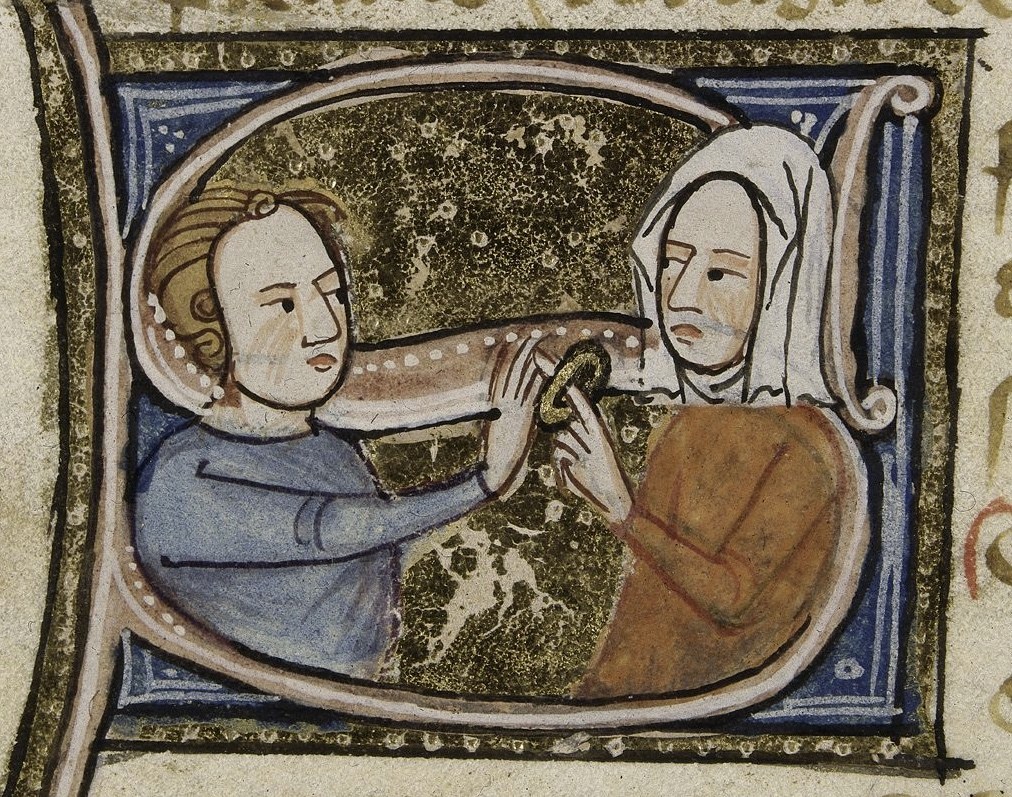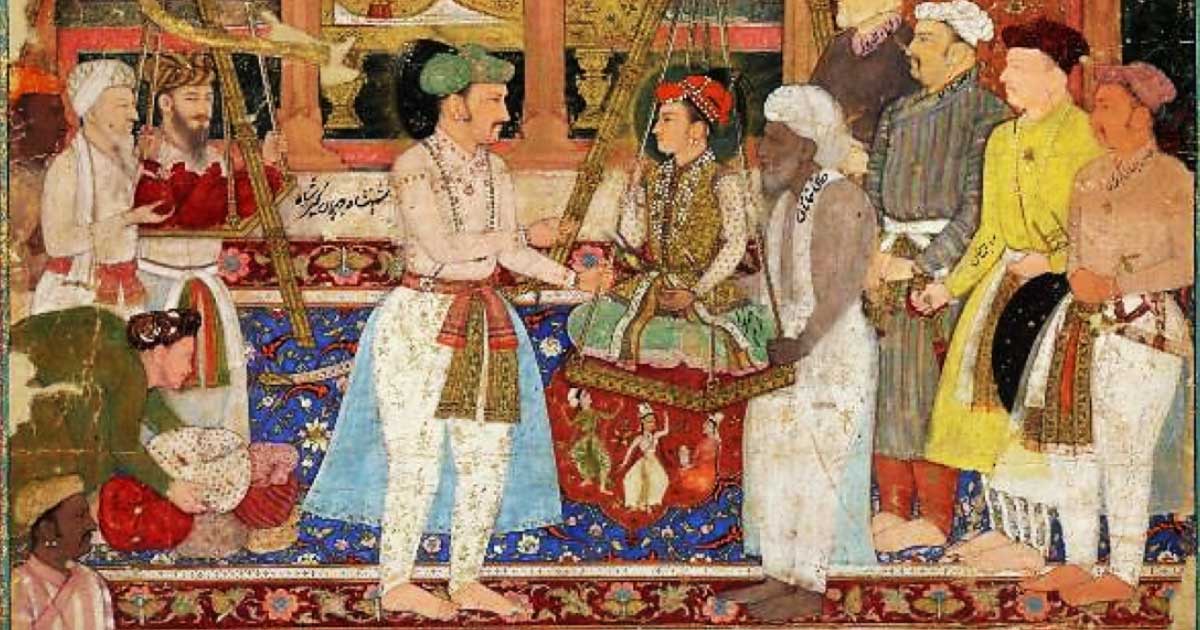
Meditating on the past and present of queer studies, After Sex? illuminates its future.Ĭontributors.

Contributors discuss queer theory’s engagement with questions of transnationality and globalization, temporality and historical periodization. Other pieces exemplify more recent trends in queer critique, including the turn to affect and the debates surrounding the “antisocial thesis,” which associates queerness with the repudiation of heteronormative forms of belonging. Some essays recall the political urgency of the late 1980s and early 1990s, when gay and lesbian activist and queer theory projects converged in response to the AIDS crisis. At the same time, some of them caution against creating an all-embracing idea of queerness, because it empties the term “queer” of meaning and assumes the universality of ideas developed in the North American academy. For many of the contributors, a broad notion of sexuality is essential to queer thought. They consider the purpose of queer theory and the extent to which it is or is not defined by its engagement with sex and sexuality. In After Sex? prominent contributors to the development of queer studies offer personal reflections on the field’s history, accomplishments, potential, and limitations. Leiden : Brill, 2022.Since queer theory originated in the early 1990s, its insights and modes of analysis have been taken up by scholars across the humanities and social sciences. (t) Petrus / Liber Gomorrhianus / (t) Alanus / De planctu naturae / (s) Homosexualität Įrscheint auch als : Online-Ausgabe: Rollo, David, 1957 - : Medieval writings on sex between men. What happens if an author uses metaphor as a metaphor signifying and excoriating male same-sex relations, yet does so in a text showing an exuberant and unabashed orientation towards metaphorical language? Is the author in question rhetorically perpetrating precisely the so-called affront to nature he grammatically denounces? Twelfth-century poet Alain de Lille enacts an ambiguously enigmatic response". "What happens if a cleric breaks his vows of sexual abstinence? What happens if the cleric in question does so repeatedly with other men of his vocation? Eleventh-century theologian Peter Damian provides a response. Includes bibliographical references and index


Introduced and translated from the Latin by David RolloĮxplorations in medieval culture volume 19 Peter Damian's The book of Gomorrah and Alain de Lille's The plaint of nature


 0 kommentar(er)
0 kommentar(er)
